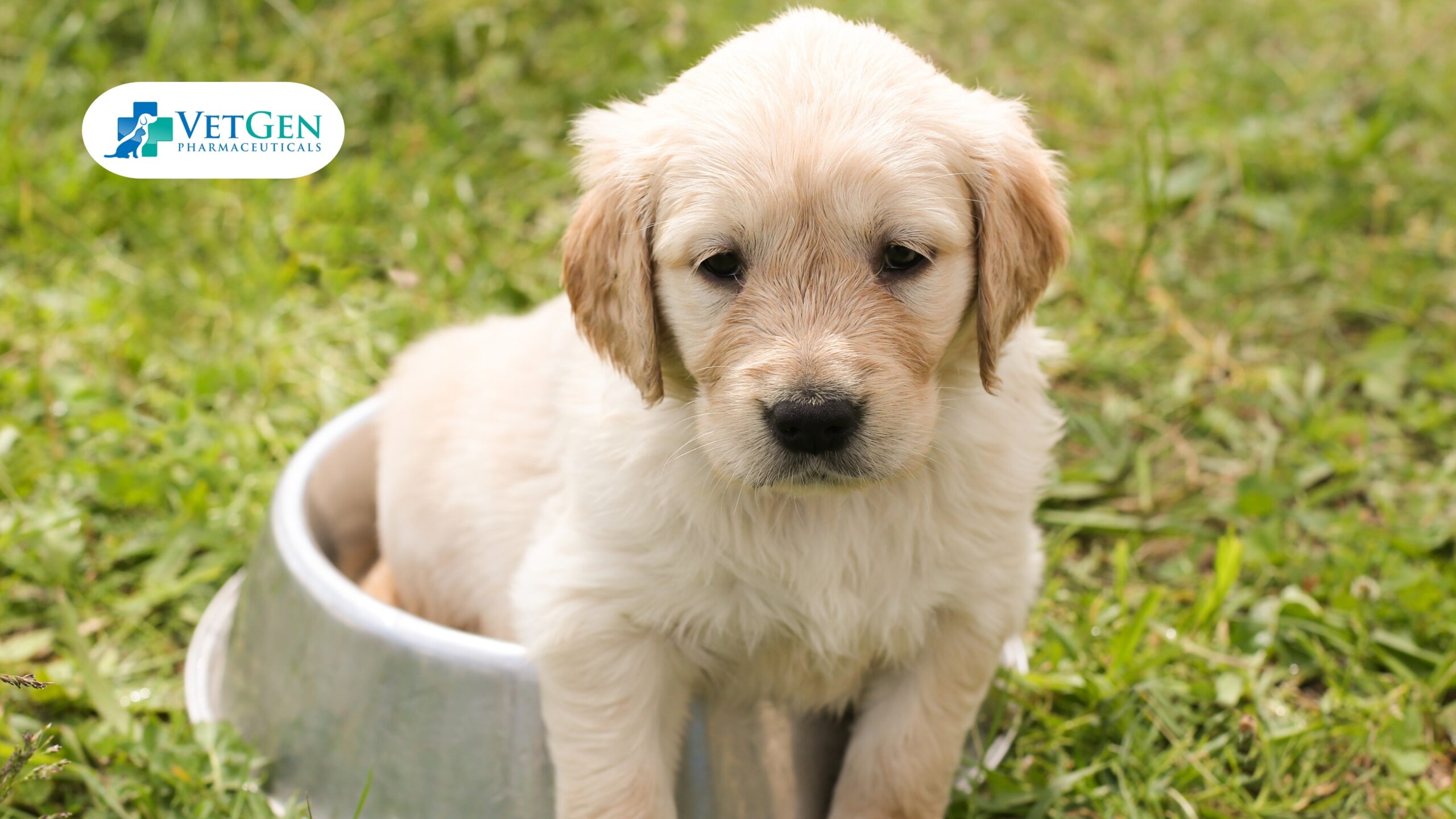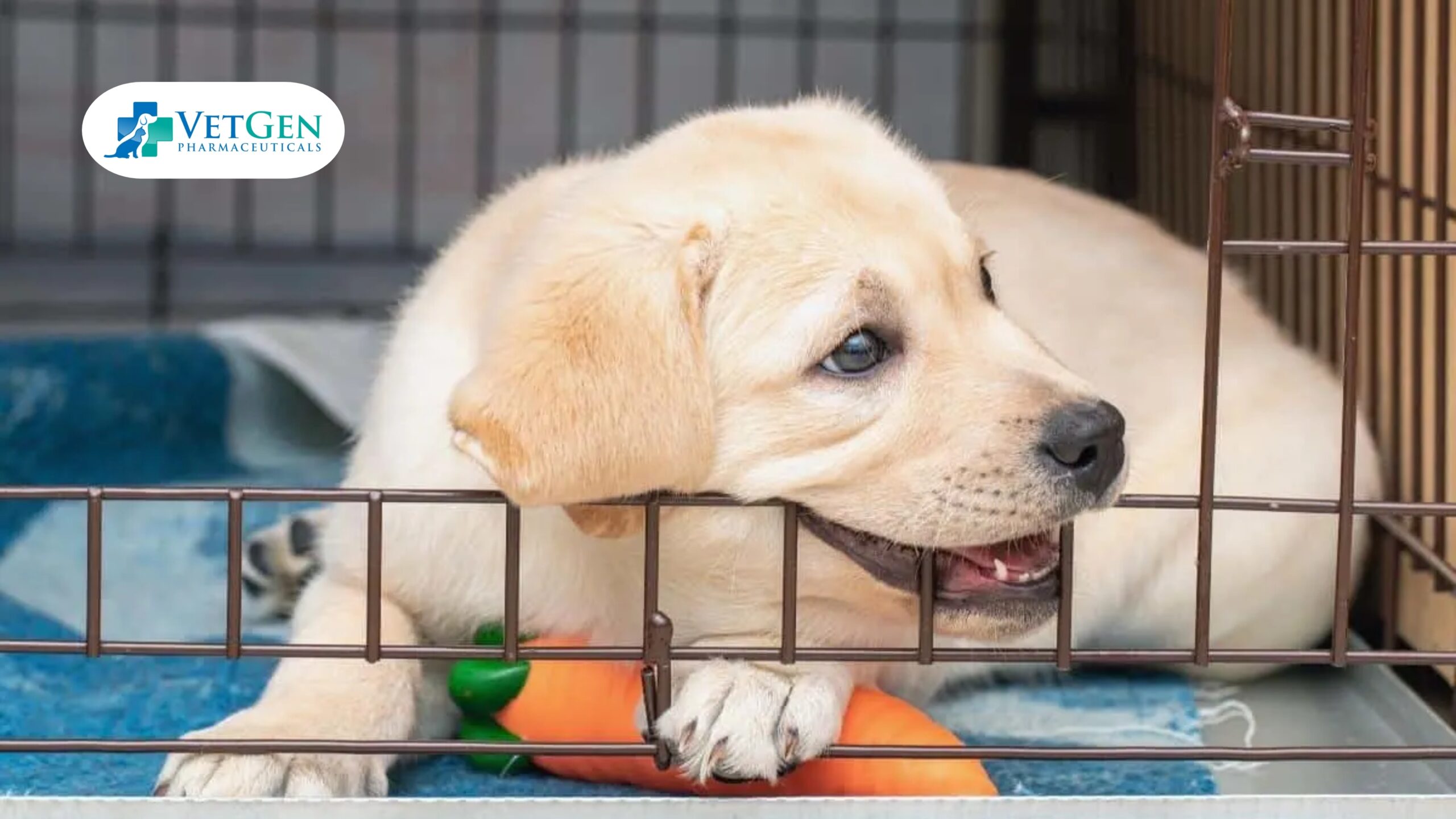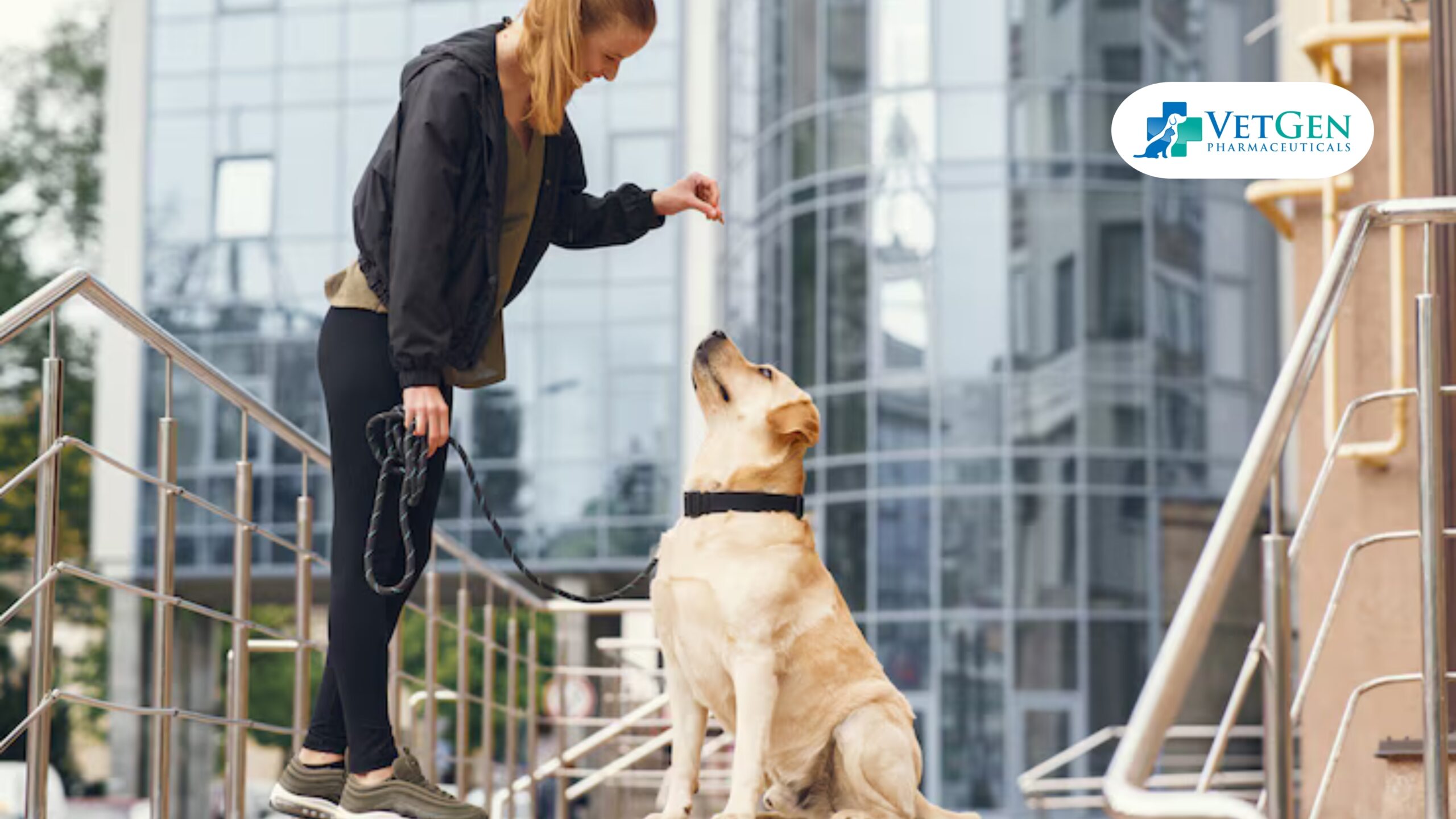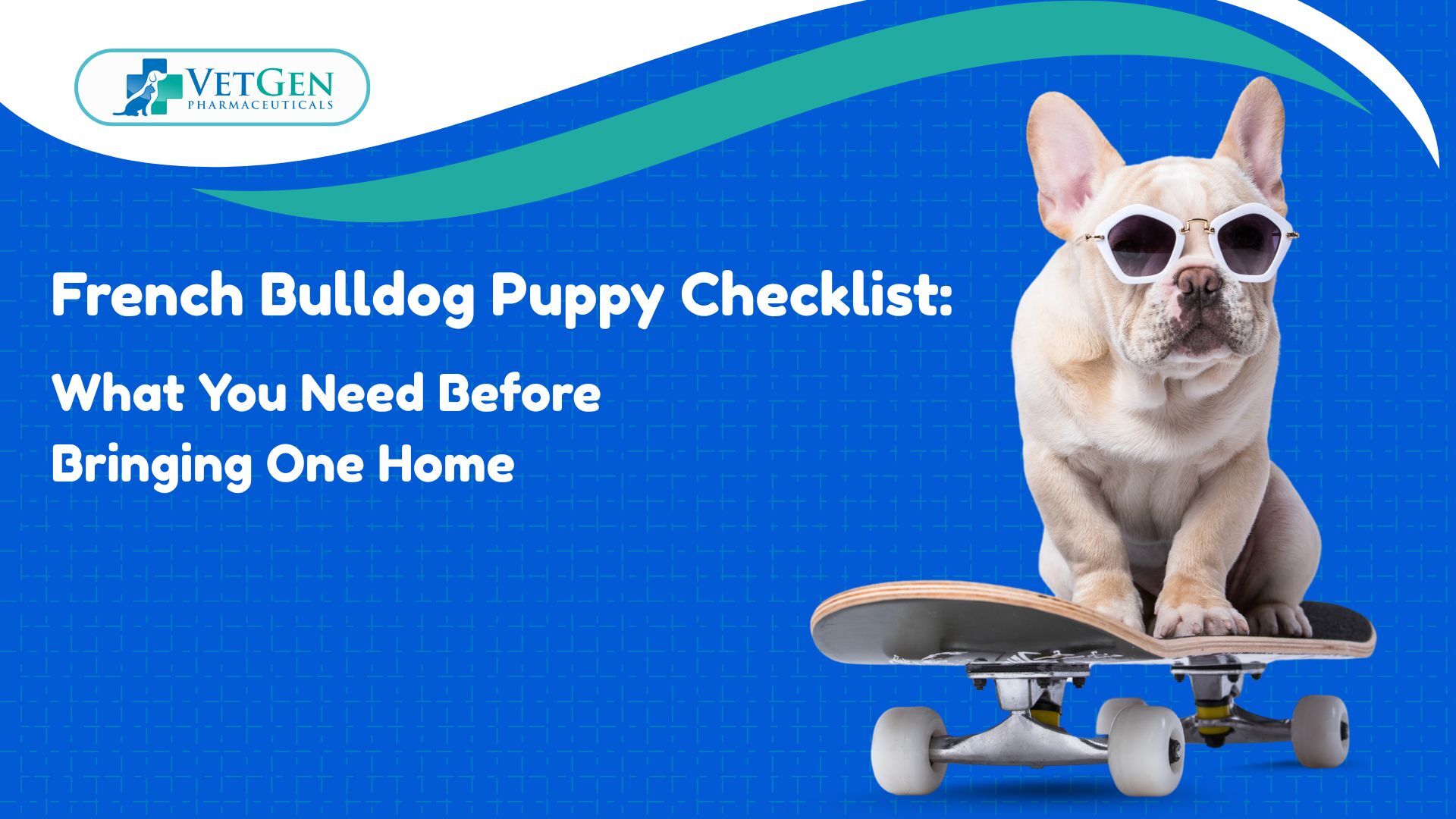Getting a Labrador is a thrilling adventure filled with cuddles, playful antics, and, yes, a fair share of challenges. Known for their friendly nature and intelligence, Labradors are among the most popular dog breeds worldwide. However, their boundless energy and curiosity mean that early training is essential to ensure they grow into well-behaved companions.
Training your Labrador puppy encompasses various aspects, from potty training to socialization. Proper guidance during these formative weeks can help you set the basics for a lifetime of good behavior.
In this blog, we’ll explore effective strategies for potty training, crate training, and socializing strategies for your Labrador puppy, and the importance of early experiences and how they shape your puppy’s behavior.
1. Potty Training
Potty training should commence immediately after your Labrador puppy arrives home (8 weeks old). Consistency is key; take your puppy outside frequently, especially after meals, naps, and play sessions. Praise and reward them immediately after they eliminate outdoors to reinforce the behavior.
Crate training can be a valuable tool in potty training. Since dogs instinctively keep their sleeping space clean, using a crate that’s the right size can help your puppy learn to wait until they’re taken outside to relieve themselves. Make sure the crate feels safe and cozy, and avoid using it for discipline.
Teaching your puppy to ring a bell to signal the need to go outside can be effective. Hang a bell near the door and ring it each time you take your puppy out. With repetition, your puppy will learn to associate the bell with going outside to potty.
Accidents are part of the learning process. Avoid scolding or punishing your puppy for mistakes, because it usually creates fear and confusion. Rather, focus on positive reinforcement and supervision to guide them toward the desired behavior.

2. Crate Training
Choose a crate that fits your Labrador puppy just right. It should be roomy enough for them to stand up, turn around, and lie down without difficulty, but not so big that they might use one end as a bathroom. To accommodate your puppy’s growth, consider using a crate with adjustable dividers.
Make the crate feel welcoming by adding soft bedding and a few safe toys. Let your puppy explore it at their own pace, offering treats and praise to build a positive connection. Serving meals inside the crate is another great way to reinforce the idea that it’s a secure and comfortable spot.
Use the crate as part of your puppy’s daily routine, incorporating it during nap times and overnight. Gradually increase the duration your puppy spends in the crate, ensuring they have ample opportunities for exercise and social interaction outside of it.

3. Socialization
The period between 8 and 16 weeks of age is crucial for socializing your Labrador puppy. During this time, puppies are more receptive to new experiences, making it the ideal window to expose them to various stimuli. Proper socialization during this phase can prevent behavioral issues later in life.
Expose your puppy to different environments, people, animals, sounds, and surfaces in a controlled and positive manner. For example, take them for car rides, walks in the park, or visits to pet-friendly stores. Always monitor their reactions and provide reassurance and rewards to build confidence.
Enrolling your Labrador puppy in a reputable socialization class can provide structured exposure to other dogs and people. These classes offer a safe environment for your puppy to learn appropriate behaviors and communication skills. Consult with your veterinarian to find suitable classes in your area.
Regularly handle your puppy’s paws, ears, and mouth to accustom them to being touched. This practice is beneficial for future grooming sessions and veterinary visits, reducing stress and promoting cooperation.
4. Obedience Training
Start with fundamental commands such as “sit,” “stay,” “come,” and “leave it.” Use positive reinforcement techniques, including treats and praise, to encourage compliance. Keep training sessions short and engaging to maintain your puppy’s attention.
Consistency is vital in obedience training. Use the same commands and cues each time, and ensure all family members are on the same page. Be patient, as learning takes time, and celebrate small victories along the way.
Refrain from using punishment-based methods, as they can lead to fear and anxiety. Focus on rewarding desired behaviors and redirecting unwanted actions in a calm and constructive manner.

5. Exercise and Mental Stimulation
Labradors are energetic dogs that require regular exercise to stay healthy and happy. Engage your puppy in age-appropriate activities such as short walks, fetch, and supervised playtime. As they grow, gradually increase the intensity and duration of exercise to match their energy levels.
Incorporate puzzle toys, interactive games, and training exercises to stimulate your puppy’s mind. Mental enrichment helps prevent boredom-related behaviors and strengthens the bond between you and your puppy.
That’s A Wrap
Training your Labrador puppy is a rewarding journey that lays the groundwork for a lifetime of companionship. By focusing on potty training, crate training, socialization, obedience, and enrichment, you equip your puppy with the skills needed to thrive.
At VetGen Pharmaceuticals, we understand the importance of early development in your puppy’s life. We offer expert guidance and support tailored to your Labrador’s unique needs. Whether you’re navigating the challenges of training or seeking to enhance your puppy’s well-being, we are here to assist you every step of the way.
Visit our website today and embark on a path to a well-trained and happy Labrador companion.
Frequently Asked Questions
How long does it take to fully potty train a Labrador puppy?
Potty training a Labrador puppy typically takes between 4 to 6 months, though some pups may take longer. Consistency, positive reinforcement, and a structured routine are key. Puppies under 12 weeks may not have full bladder control yet, so patience is essential.
If your Labrador is still having frequent accidents beyond 6 months, consult a professional trainer or your veterinarian to rule out medical issues.
When should I start socializing my Labrador puppy?
Socialization should begin as early as 8 weeks of age, ideally before 16 weeks. This period is considered the critical socialization window when puppies are most receptive to new experiences. Introducing your puppy to a variety of people, environments, sounds, and other dogs in a positive, controlled manner during this stage helps prevent fear and aggression issues later in life.
Is crate training necessary for my Labrador puppy?
While not mandatory, crate training is highly recommended. It helps with potty training, reduces anxiety, and provides your puppy with a safe, personal space. When introduced properly, crates become a secure haven that supports better behavior and house manners. Just ensure it’s never used as a punishment tool.






